National Honor Society: From meritocracy to mediocrity?
The blue robes are on, which means it’s National Honor Society induction. Class of 2019.
Senior McKenzie Canuel began her senior year with a goal: admission to the DHS National Honor Society Chapter. She had fallen short of the required 3.85 weighted GPA her junior year and was therefore not invited to apply. However, seniors that boost their GPA to meet the chapter’s standards are eligible to apply again and be inducted with the junior class. Last year, five seniors took advantage of this opportunity. This year, 48 are eligible.
This increase is due to a change in the chapter’s bylaws which lowered the GPA requirement to a 3.5 weighted and was intended to equalize the standards according to which NHS applicants are measured.
NHS is based on four pillars: scholarship, service, leadership and character. In previous years, students demonstrated their qualification for the chapter by meeting the higher GPA requirement, logging a minimum of 30 community service hours and writing an essay about their character and leadership qualities. Principal Ross Thibault felt that this placed too large an emphasis on scholarship.
“Raising one of the pillars and not the others was skewing what the real intent of the National Honor Society is,” Mr. Thibault said. “It’s not just an academic society. Those other pillars are part of the four pillars for a reason.”
Mr. Thibault and Associate Principal Rachel Chavier suggested a lower GPA requirement to NHS Advisors Marcia Viera and Lauren Enoksen in fall of 2018. The NHS Faculty Council, consisting of Debra August, Peter Bangs, Steven Charest, Patricia Fletcher, and Wilbur Higgins, approved the idea at a meeting.
Even if the faculty council had voted against the suggestion, Mr. Thibault still held the power to change it. According to the National Honor Society Constitution Article V Section 1, “The principal shall reserve the right to approve all activities and decisions of the chapter.”
Ms. Fletcher agreed with the council’s decision. “It gives opportunity for more students to demonstrate that they meet all four pillars,” she said. “Think about how good our school would be if there were more students in National Honor Society.”
Ninety-six juniors were invited to apply to NHS under the new standards. The prospect of a more populous chapter is concerning to its current president, Hannah Chamberlain. “I think the more members there are, the less participation there is,” she said. “One of the main goals of the National Honor Society is to give the money they have raised throughout the year to an international charity of their choice. With less participation, it is harder to raise as much money.”
Mrs. Viera said she is less focused on the size of the group and more on holding the members accountable for the pillars. “If they’re not doing the community service, they need to understand that they can be asked to leave the National Honor Society. I’m hoping that students understand that the other three pillars will be heavily measured on a daily basis,” she said.
Since the intention of the change is to place more emphasis on the other pillars, a large class size could be avoided by raising the requirements for them in the application process. However, there is no longer a 30 hour requirement for community service, as it has been replaced by more subjective measures.
Ms. Enoksen said, “For community service, it’s not just about quantity but quality. The quality of it is more important than how much you do. It should be ongoing, not just in the month between the application and the due date.”
Mr. Thibault recommended an alternative way applicants can present their service: a portfolio of photos from their volunteer experience and a reflection of what meaning they derived from it. He said that this could make service more meaningful to NHS students. This suggestion will not apply to this year’s applicants but may be implemented in the future.
No new policies have been created thus far to raise the standards of leadership or character. Applicants will be measured based on a rubric for all the pillars, other than scholarship, Ms. Fletcher said.
Chamberlain said that she understands the thinking behind the new selection process but has doubts as to how it will play out in practice. “Most of the judgments would become subjective, which isn’t fair for the students applying,” she said. “For example, how can one student’s character from an essay be better or worse than another student’s? It would be based completely on whoever happens to read the application.”
Students who are not admitted can appeal their decision through an official process, according to Mr. Thibault. However, he also said that students should be able to revise parts of their application after submission. “National Honor Society is about a learning experience. If the student exemplifies those pillars, then they should be in. Period,” he said. “If they have to go back to revise their essay, then that means it meant something to them.”
Current NHS members have concerns about the new admission standards. Senior Paul Jasmin said, “I’m not saying it’s a bad thing, but we’ve been in it for a year. I’m just curious to see what else they’re going to have to do that we didn’t. More people should be able to get in if they’re eligible, but I think they should have to do more community service.”
NHS Co-Secretary Sarah Jorge expressed concerns that the new requirements may damage the reputation of the chapter. “I think lowering the GPA has decreased interest in joining because nobody feels like there’s any honor in the honor society,” she said. “NHS was an opportunity for students to be rewarded for outstanding academic achievement and lowering the standard sort of dissolved that factor.” She also said that the changes have caused confusion for the newly eligible, which may discourage them from applying.
Current Member Sadie Thomas is concerned about how the lowered scholarship pillar will affect members’ responsibilities. All members are required to tutor struggling students at two Homework Hangout sessions. “I know that I would rather have someone with an A average tutor me at Homework Hangout than someone with a 3.5 GPA, or a B average,” she said.
Others who worked hard to be admitted into NHS worry about the change’s ramifications on student motivation. Current Member Jaqueline Ferreira said, “I’m all for more kids getting into NHS on merit, not handouts. Now you’re going to have mediocrity and have people not work as hard because the bar is lower.”
Canuel, who met her goal senior year and received an invitation, said that she definitely would not have challenged herself as much senior year if the requirements were less stringent. She took on three AP classes in order to boost her GPA. “I put more stress on myself than I needed to in order to reach last year’s requirements, when in reality I could have had an easier, stress-free senior year,” she said. “It also isn’t fair to the students who worked hard to achieve the 3.85 GPA, because it now discredits them, along with all the members who have been inducted already. It makes it seem like their hard work didn’t matter in the end.”
Because of the harder classes she took on, along with her job and numerous extracurriculars, Canuel decided not to submit an application. “Joining NHS wouldn’t benefit me now, other than graduating with golden tassels,” she said.
Senior Kaitlin Ouellette was admitted under the new criteria, although she said her GPA has improved since last year to meet the former requirements. Although she was initially upset by the change, she now supports it. “All the pillars should be balanced. In order to have an honor society, you need to have well-rounded students that are the best of the best,” she said. “They care about school and bettering their community.”
Chamberlain pointed out an alternative way the four pillars could have been equalized. “If they really did want to raise the other pillars, I think they could have done so while keeping the same GPA requirement.”
Mr. Thibault believes that all students should be celebrated, not just the high-achieving ones. He said, “What about for a student for whom a B is the best they can do? What about a student who is in an AP class, and it’s a stretch for them, and they get a B-, and that’s the best they can do? That student deserves to be celebrated just as much as a student who earns an A who is really into school.”

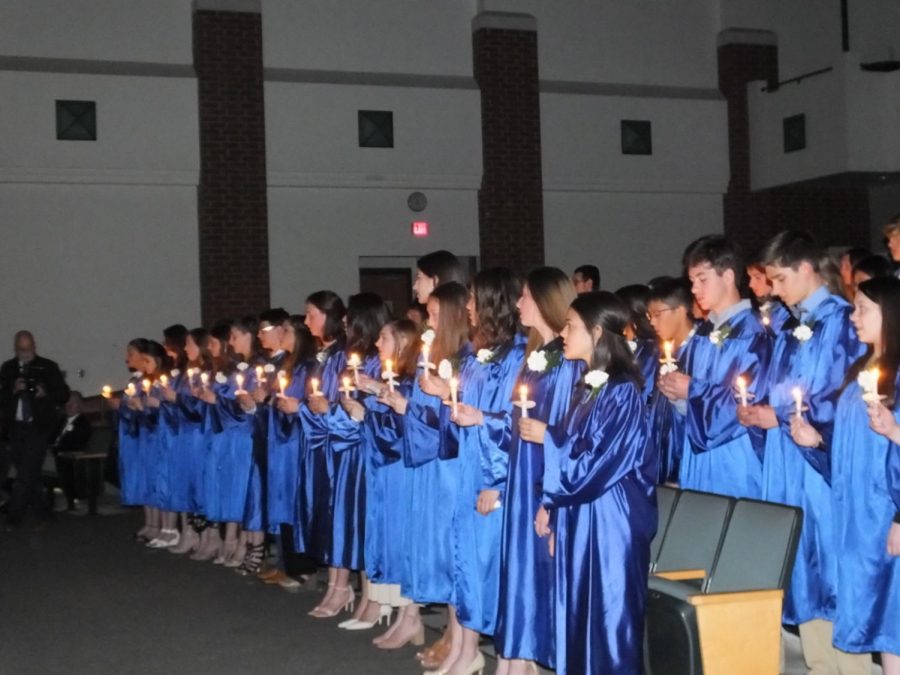


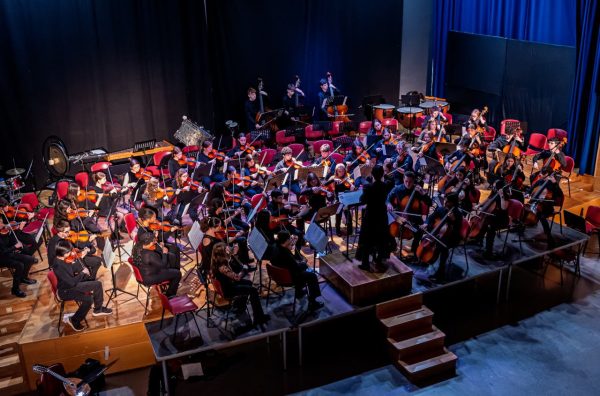
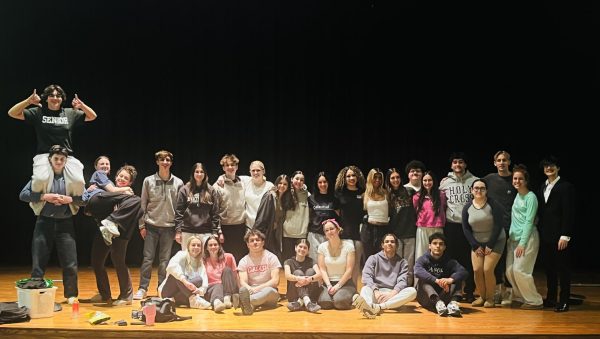
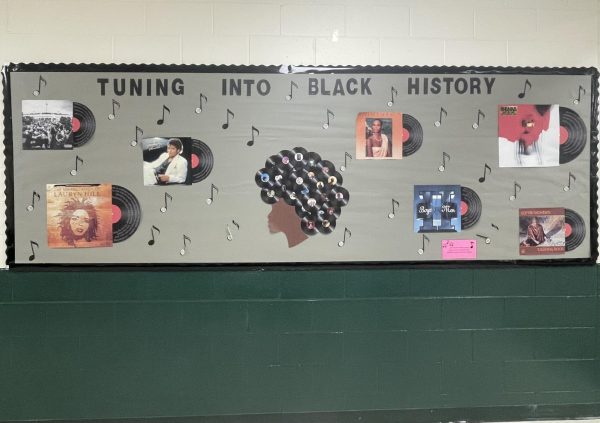

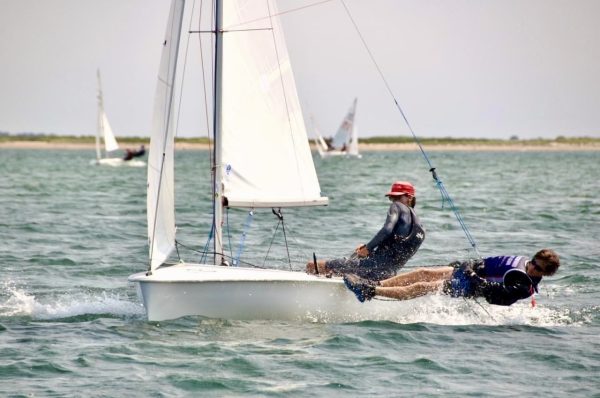

Mary Waite • Sep 16, 2019 at 5:20 pm
As a parent reading this I find the new standards somewhat confusing and subjective. We have many venues to celebrate the star athlete, the most talented musician. There are spaces to celebrate all kinds of other achievements and to contribute back to the Dartmouth High community, even if you are not a part of the honor society. Why can’t this one group be reserved for students who do sacrifice and achieve at the highest standards? It sounds like current members worry that lowering these standards will diminish the value of their achievements- to themselves and to their classmates. i agree with their concerns. This group wasn’t designed to reward kids who try hard (we should acknowledge those students in other ways), it is designed to celebrate those who achieve in scholarship, character, leadership, service.
John Hanson • Aug 28, 2019 at 9:00 am
Mr. Thibault believes that all students should be celebrated, not just the high-achieving ones. He said, “What about for a student for whom a B is the best they can do? What about a student who is in an AP class, and it’s a stretch for them, and they get a B-, and that’s the best they can do? That student deserves to be celebrated just as much as a student who earns an A who is really into school.” …No, that student doesn’t deserve to be celebrated in this particular society! There are plenty of other groups/organizations where students can demonstrate their excellence (and passion for something that they are “…really into”). If you don’t believe that to be the case, start one! Setting a high standard gives students something to strive for and you are really taking that away. It is no wonder that interest in membership is dwindling.
sam brodsky • May 22, 2019 at 7:33 am
nice job saying what was on a lot of people’s minds. that’s good journalism!